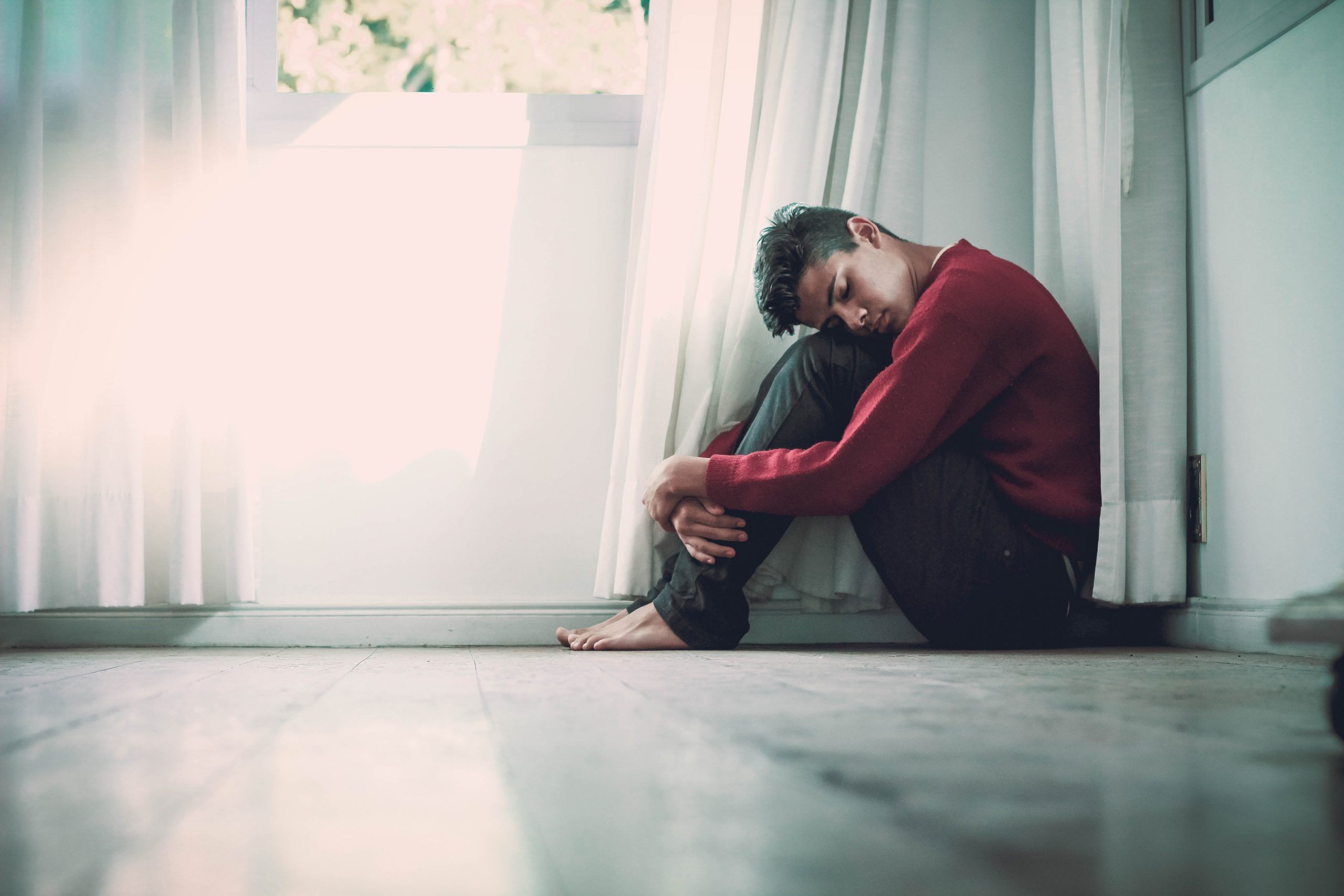Anxiety disorders are an extremely common form of mental health problems. According to a recent study, 1 in 10 people are likely to have a ‘disabling anxiety disorder’ at some stage in their life. Generalized anxiety disorder (GAD) and depression is the most common mental disorder in the UK, in 2013 there were 8.2 million cases of anxiety recorded by GPs and mental health experts around Great Britain. Whilst anxiety can affect anyone; women are twice as likely to be diagnosed with an anxiety disorder. The most common anxiety disorders include Generalised Anxiety Disorder (GAD), Obsessive-Compulsive Disorder (OCD), Panic Disorder, Post Traumatic Stress Disorder (PTSD) and Social Anxiety Disorder.
Main Symptoms Can Include;
- Panic Attacks.
- Feeling Restless.
- Feeling Lightheaded or Dizzy.
- Feeling Tense.
- Negative/Intrusive Thoughts.
- Fearing the Worst.
- Faster Breathing.
- Faster or Irregular Heartbeat.
Living with anxiety can be extremely difficult, it can become detrimental to your day to day activities such as; working, maintaining relationships, trying new things and enjoying your leisure time. There are some things that you can do at home which can help alleviate your symptoms.
- Set Yourself A Daily Routine – Setting yourself a daily routine will help give you a sense of structure and familiarity. Something that can be triggering is a fear of the unknown so having a daily routine can help to keep you calm and reassured.
- Write A Diary – Keeping a diary can be a great way to offload how you are feeling, particularly when you are feeling anxious or are having panic attacks. A diary can also help you discover any possible triggers which can cause your panic attacks or symptoms of worry, anxiety and dissociation. You will be able to spot patterns or early signs when they are beginning to happen. A diary can also help to encourage you with your day to day activities. Noting down every good thing that has happened during the day can help enforce a positive mindset.
- Breathing Exercises – Different types of breathing exercises can help you to feel more in control and to help you cope with your symptoms. Focusing on your inhaling and exhaling during a panic attack will help to stop your chest from feeling tight and to calm you down.
- Reduce Your Caffeine Intake – Caffeine can cause you to feel more anxious than usual, as it can disrupt your sleep and speed up your heartbeat. If you aren’t sleeping well, you will be less likely to control your anxious feelings which may bring on panic attacks. Try to cut out or reduce your consumption of tea, coffee, fizzy drinks and energy drinks to help reduce your anxiety levels.
- Get Support – The best way to help your anxiety is to get support. This can be from talking to your GP, Registered Mental Health Nurse or Support Groups such as Mind and Anxiety UK. You will be able to receive support and guidance on how to manage your anxiety and hear about other people’s experiences. Everyone is different and will manage their symptoms differently, seeking the right support will help you find the coping techniques that are right for you.
At Northern Healthcare, our professional team can create health and recovery plans tailored to each resident, this includes creating coping strategies for anxiety symptoms. We operate by a clinical referral process which is to be submitted by a health or social care professional.
Find out more about our referral process by here.
Photo by Fernando @cferdo on Unsplash
